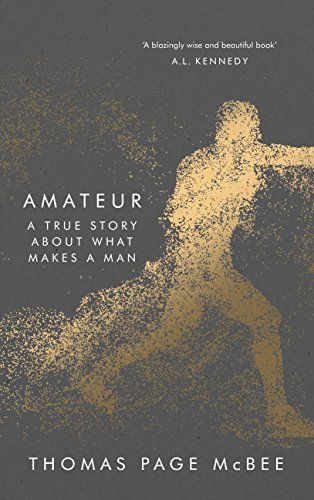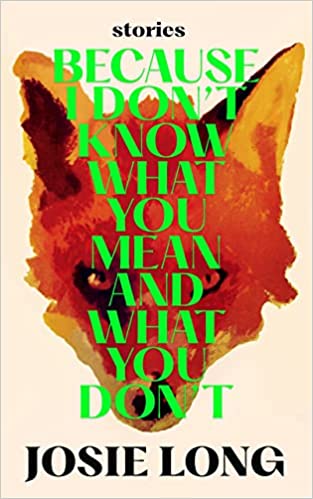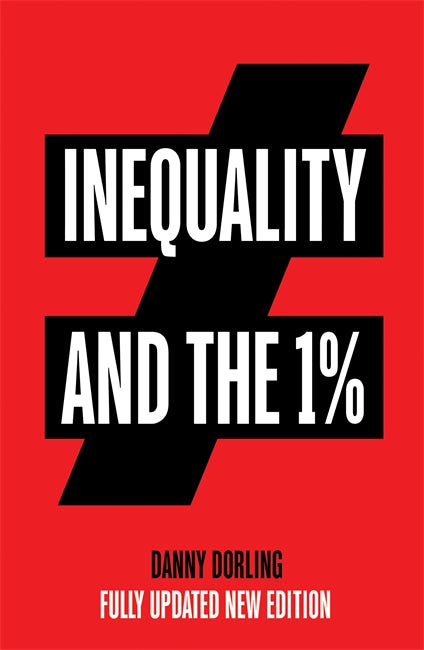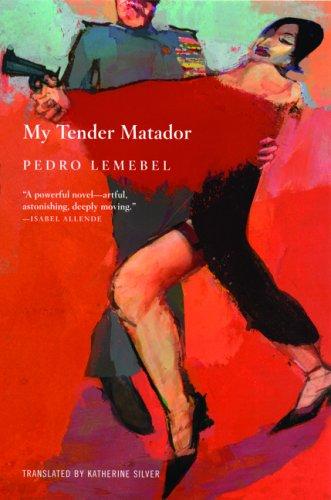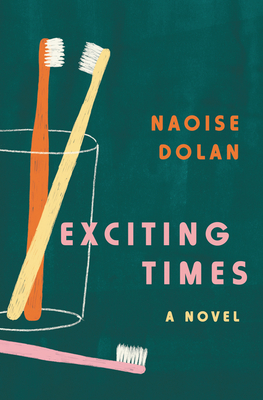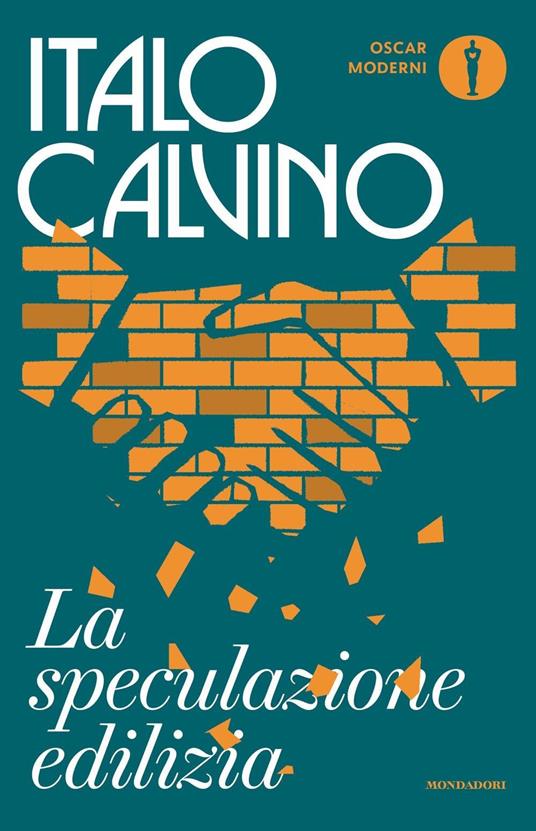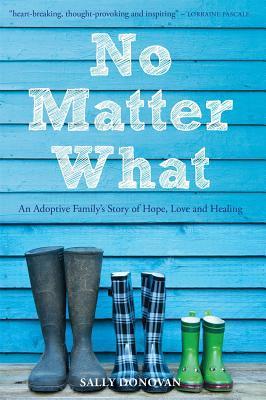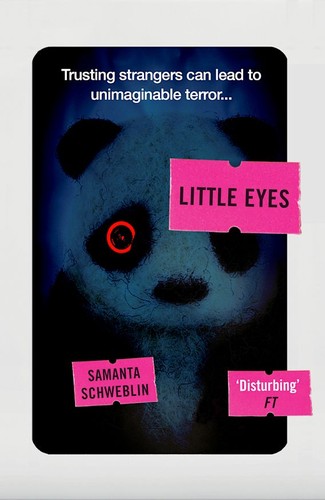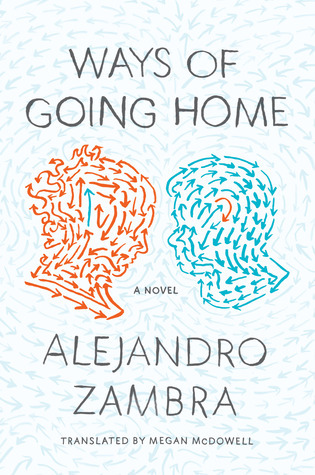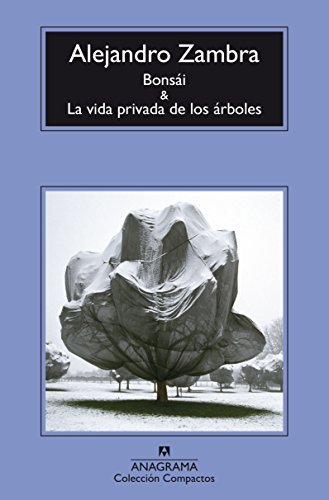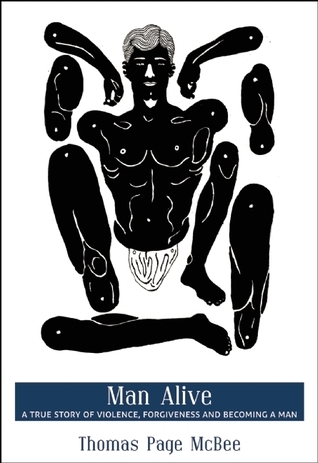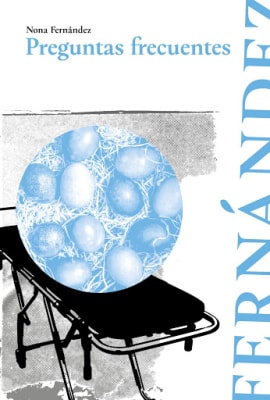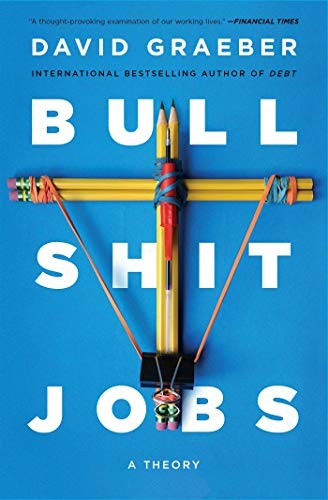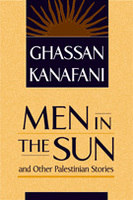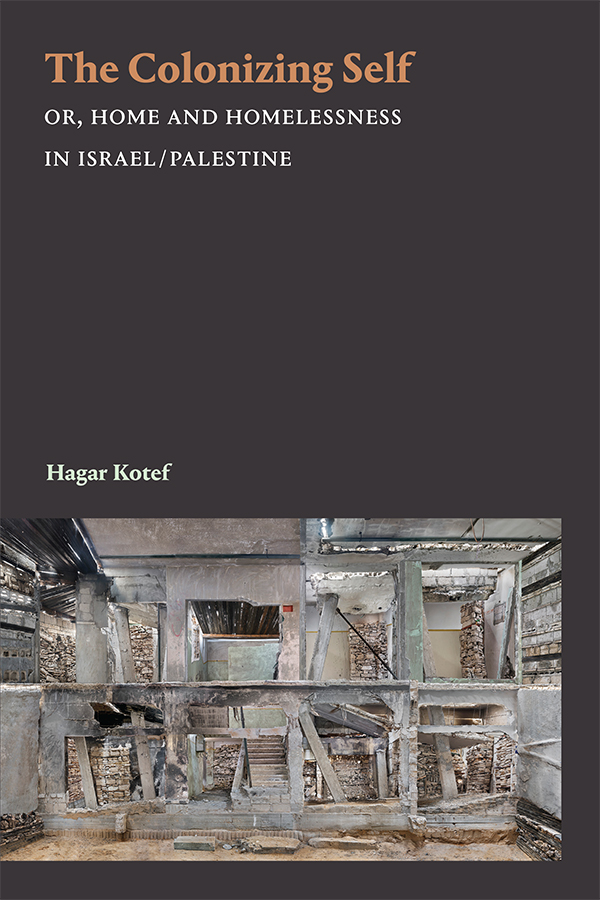Introduction: Home
The aim of the book is to examine the 'cultural, political and theoretical apparatuses that enable people and nations to construct a home on the ruins of other people's home, to feel that they belong to spaces of expulsion, or to develop an attachment to sites which subsequently – or even consequently – are transformed into sites of violence' (p. 3). The premise is that the home is a key site of colonialism not only of colonialism but also nation-building, because of its position and meaning in liberal political theory. Namely, the oikos as opposed to the polis. In these accounts, straight from Aristotle, the public sphere is where everyone (citizens) are supposedly equal, whereas the home is where difference justifies domination (e.g. over women, children and slaves). In this way, domination is framed as non-political, making space for the political ideals of universalism (see p. 8). The rest of the introduction considers the centrality of housing and building in Zionism (Zionism as a massive housing project to guarantee a home to every Jew), and its flipside, i.e. Zionism as a project of demolitions. It also acknowledges the limitations and challenges of describing Zionism as a settler-colonial project, and elegantly sidestep the debates suggesting it is one of many possible lenses that provides a partial understanding of what is going on, and suggesting that the means through which Zionism operates are surely borrowed / similar to other settler-colonial enterprises (among the critiques is the notion that settler-colonial serves to demonize, juxtaposed to the supposedly noble 'nation-building' – but is any give action, e.g. demolitions, less objectionable if it is not settler-colonial?).
Theoretical Overview: Violent Attachments
This chapter is a review of how scholars / philosophers / political theorists have answered the question: how do political communities conceive / justify the mass-violence in which they engage? It proposes 3+1 models. The first three models cover the vast majority of the literature and revolve around:
* compliance: e.g. theories that try to explain the behaviour of Germans during Nazism through bureaucratisation, ideology, blind obedience to authorities, etc.
* cruelty: e.g. studies of lynching that highlight the enjoyment white people derived from watching Black people being beaten, killes, castrated, etc (often referring to some psychoanalytical dimension), and how that shared enjoyment provides a foundation of Whiteness.
* dissociation: arguably the model most associated with the literature on Israel/Palestine, suggests that violence is made endurable by producing a rift between that violence and the self, e.g. conceiving of violence as something that must be endured or disawoved, but that it is ultimately not defining 'us'. Examples vary from rejection of facts (Palestinians never existed), recognition of facts through frameworks that justify violence (it was either them or us, we are civilising them, etc), profession of shock at the excess of the occupation as a means to reaffirm one's own morality (individually, but also as a community), e.g. bad apples narrative.
For Kotef, all of these models are useful but insufficient. The issue with 1 is that it places violence as something outside of us, i.e. our 'natural' or 'real' way of being is non-violent. The issue with 2 is that it mostly work as an explanation for overt violence, but it is harder to apply to the vast majority of structural violence that happens in Israel/Palestine, where there is little to see (as a chilling counter-example, she mentions people gathering to watch and cheer Gaza bombings). The issue with 3, similarly to 1, is that there is some kind of contradiction between violence and the self, which in turn 'triggers' these processes of dissociation. And the corollary of this is that, if we force 'ourselves' to look and recognise the violence in which we are implicated, we will stop committing it. This hope is at the basis of many progressive projects, from reconciliation tribunals, to Breaking the Silence (my example), to efforts to document the Nakba by Israelis, etc. Kotef's argument is that this hope is necessary, but that there is the possibility that violence is not always in conflict with the self, and may at times be foundational to it.
Kotef suggests a fourth model, informed by feminist-queer theory, particularly Butler and Berlant. Namely, that subjects formed in conditions of violence (and aren't we all) come not only to desire violence, but are constituted by it. There is not I 'mislead' into violence because violence is part of that 'I'. I'm not entirely sure, but I think this is supposed to apply to all 'I's', not only settlers. What is distinctive about the settler-subjectivity is the relation to territory. In the case of settlers, identity is defined around attachment / belonging to a territory that is marked by violence. The settler does not necessarily desire violence in itself, does not necessarily enjoy it, but through her attachment to a territory produced through violence, it is defined by violence nevertheless: the settler's very existing is a form of violence (p. 49).
PART I. HOMES
Interlude. Home/Homelessness: A Reading in Arendt
The following chapter, Home/homelessness, discusses the relation between homes, states and politics in Arendt's work. A 101 reading of Arendt emphasizes the separation between a domestic and public sphere, and how the existence of the domestic in a precondition for politics. This is in line with the Enlightenment tradition (Locke) and Schmitt: at the beginning was a fence (physically, the wall delimiting the polis, more metaphorically, the law as a set of limitations that apply to a demarcated territory), defining the realm of politics.
For Arendt, stability is a precondition for politics. Physical homes are here the most basic unit of territory. In her writing on the origins of totalitarianism, Arendt famously suggests that WWI was an unprecedented tragedy because refugees, deprived of their homes and citizenship, were deprived of their most fundamental rights. While Arendt acknowledges that non-Europeans had already suffered the same fate, she famously writes that the tragedy began 'when Indians and Chinese were treated as though they were not human', implying it was somehow not as bad to treat Africans in this manner. Her justification seems to be that it is obvious that Indians and Chinese are indeed humans.
While many suggests the not-so-implicit rationale is based on racialized hierarchies that posits Europeans are the most humans of humans, Kotef turns to Arendt's other works to provide a more complex, yet still problematic interpretation. For Arendt, the reason why the European refugees' loss of home was more tragic, is that many Africans had never had a home, in the sense of a stable building that is not a tent or a hut (which of course isn't true). Here, her ranking of homeness based on building materials aligns with colonial understandings that saw indigenous homes made of mud or straw as a sign that their builders 'behaved as if they were part of nature', in juxtaposition to Europeans whose homes set them apart from nature (p. 63). Her account of Africans as homeless tribes, however, also includes Boers, who she sees as having abandoned their cultured agricultural wave of land due to the fact that the territory of Sub-Saharan Africa isn't suitable to agriculture (in an interesting geopolitical argument, see p. 65), roaming rootless like Black Africans. In this sense, it is not skin colour or genetics that defines a hierarchy of civilization. In fact, for Arendt it is precisely rootlessness, the lack of attachment to a particular territory, that produces tribalism and imperialism, leading the tribe (be they the Boers or Nazi Germans) to seek endless territorial expansion through the displacement of local residents to make room for members of the tribe. 'Racism, and perhaps even race, in this reading, is thus the product of a mode of territorialization that entails an unrelenting, ruthless, infinite desire for expansion' (p. 67, emphasis in the original).
Importantly she explicitly extended this argument to Israel and Zionism, suggesting that the construction of a Jewish homeland was fundamentally incompatible with any state formation premised on national / ethno-religious homogeneity, which would inevitably lead to the displacement of Palestinians. Arendt's first argument was that Israel would be militarily overwhelmed by Arab forces, but, she continues, even if it won the war, it would turn into a militarized state surrounded by enemies, 'a small warrior tribe' unable to root itself properly, and eventually clash with the Jews in the diaspora, rooted in other states.
The Consuming Self: On Locke, Aristotle, Feminist Theory, and Domestic Violences
This chapter starts with a discussion of the relation between the private and public sphere according to Aristoteles and the liberal tradition that derives from it, including Arendt. There is a paradox here, or maybe just a tension, between the two spheres being fundamentally different and abiding by different logics, but also being co-constituitive, with one (households) being the basic units of the other (states). Then, Kotef turns to feminist scholars and activists who have questioned this distinction, or argued that the public sphere should be more like the household (sustained through relations of care, with women playing a role), or conversely that the domestic should be more like the public one (e.g. by communing chores and kitchens), or again that the domestic should remain protected by the violation perpetrated by state authorities (especially in Black feminism, where the home figures often as a site for sharing and empowerment).
Then, Kotef's turns to Locke, his theory of property and the way this was designed and used to justify the colonisation of America. In short, she proposes two alternative / complementary readings of Locke, revolving around two different principles that one could read as the cornerstone of property. The first, and most widely accepted, is labour. Locke essentially says that objects and lands belong to whoever first labours them. So, if one picks up an apple in a forest, that's hers. And, whoever first cultivates a piece of land should own it. As a master of post-rationalisation (my comment), Locke only applies this to white middle class men. Women and servants do not own the fruits of their labour because they are not conceived of as individual: implicitly the individual that is the protagonist of Locke writing is not really a person, but a household, and its head as a shorthand. American natives, on the other hand, only qualify when it comes to the property of objects (the apple in the example above), but not the land, because labour is defined so as to culminate with European agriculture and to exclude indigenous agricultural practices.
The second principle one can call into play is only implicitly present Locke (though, Kotef assures, we can trust he knew of it), and stems from Roman law. This is the principle of mixing, according to which if two materials are mixed to produce a new whole, then the resulting product belongs to whoever does the mixing. Locke often illustrates this through metaphors of digestion: after we have eaten something, that something becomes part of us. Because the new product needs to be a whole for the rule to apply, this principle only works in a context of enclosure. The flipside of digestion is the 'vomiting' of all that are not part of the enclosure and must be therefore be displaced, i.e. peasants in Europe and natives in the Americas. The gist, I think, is that the process of enclosure and displacement is foundational to Locke's theory of property, at least in this interpretation. So, in both readings, violence is at the core of property.
Epilogue. Unsettlement
The Epilogue to part one is titled Unsettlement, and it is a short, broad-stroke account of the relation between Palestinians and their homes, as well as the Israeli state and Palestinian homes. It start with a (somewhat vague, possibly romanticizing) reflection on how Palestinians' persisting attachment to the homes from which they have been evicted challenges state-borders, even if those homes have been destroyed, and even if refugees are claiming their right to be at home in the new places where they settled (diaspora or refugee camps). The second theme on which the chapter touches upon is how, while stately urban houses where claimed by Azekhenazi Jews, the majority of Palestinian homes were significantly more humble, and became inhabited by the growing Arab Jewish population. Sometimes this happened with the authorization or even on request of the state, who considered depopulated home a suitable temporary solution for new migrants. At times those homes were essentially squatted, defying orders from the state who would have preferred residents to go and settle border areas, or till the land. In both cases, what was envisioned as temporary became permanent, except that these sections of the Jewish population have also been subjected (and still are) to forced displacement to make space for gentrifying real estate projects. The final theme in the chapter is the extent to which the demolition of Palestinian homes is a cornerstone of the Israeli state-project. During the 1949 war, destruction of homes was relatively minimal; it was largely designed and implemented starting from the 1960s. More recently, the focus has shifted from the destruction of depopulated homes, to demolitions of inhabited homes declared illegal and, in the case of Gaza, the systematic bombing of homes and, following Weizman, the transformation of the built environment in a death trap for Gazans, who are mostly killed because their bombed homes collapse on them. In closing, Kotef notes how there is a contradictory desire to both erase the traces of this destruction, but also preserve and celebrate them, almost as if collective memory needed a proof that 'we did it'.
Part II. Relics
Interlude. A Brief Reflection on Death and Decolonization
The Interlude between part one and part two is, as the title says, A brief reflection on death and decolonisation, considering how the settler can stop being a settler. The starting point is a play by Lorraine Hansberry, Les Blancs, which sounds fantastic. It's set in an imaginary decolonising African states, where various characters (blacks and whites) are caught in-between the fight for decolonisation. The crucial theme is that all whites are, in one way or the other, co-responsible or implicated in colonial violence, even when themselves support decolonisation. One of them, the wife of a missionary, ends up encouraging a black friend to participate in an action that, she knows, will involve attaching her own home. Having spent years building relations with the natives, learning from them and working with them on the land, she refuses to leave because, she insists, she's already at home, but is on some level accepting that her own death is 'just'. From here, Hagar considers the position of scholars such as Veracini, Mamdani and Zreik, who essentially argue that, once the structures of settler-colonialism are dismantled (ie. Once state institutions and laws are just), the difference between settler and native loses political saliency (e.g. you can kill the settler while saving the man). Kotef challenges this 'easy solution', not only because, as Marx had pointed out with regard to the Jewish question, there also needs to be a redistribution of economic resources (Marx had already pointed at the US as an example of a place where institutions and laws are theoretically 'equal for all', but racism is structural due to differences in economic power). But going further, Kotef speculates that even if laws were just and resources equally distributed, the settler would still be a settler because colonial violence 'is part of who they are', i.e. has shaped their “structures of feeling”, their attachment to the land and modes of relating. In other words, asking the settler to renounce them is to ask them to stop being who they are. But, against some theorists of decolonisation such as Albert Memmi, she also refuses the notion that leaving is the settler's best option, both on the grounds that indeed, that is their home by now, even if their belonging is premised on harming others and also because the possibility to leave is itself a privilege that is only available to few. It's a dead end, as Kotef concludes, but shouldn't plunge us in despair (the latter is more of a moral exhortation than a logical argument).
2. Home (and the Ruins That Remain)
This section – Home (and the Ruins That Remains) – considers how Israeli Jews inhabit Palestinian ruins, both in a broad, almost-symbolic sense, i.e. how they live and come to feel at home in a landscape that is marked by evidence of the Nakba, and literally, i.e. how many families literally live in depopulated Palestinian houses. The chapter opens with some accounts of Palestinians who have visited their homes (either, literally, the homes from which their families were displaced, or more relatively, Palestinian ruins). Particularly striking is the description of some scenes from the movie Salt of This Sea, where American-Palestinian Soraya encounters Jewish Israeli Irit, who lives in what used to be Soraya family's home in Jaffa. Irit is hospitable, even kind, expressing (limited) sympathy for the fate of Soraya's family. But of course this is in itself a complicated gesture, as being hospitable presumes that it is clear / reasserts who is the guest and who is the host (p. 139). After their exchange, Soraya leaves and vomits; Hagar also feels like vomiting and wishes Irit would vomit too – with vomit being a way to acknowledge and simultaneously refuse her identity as settler-coloniser (p. 159). But she doesn't.
In some sense, the image of the depopulated Palestinian house inhabited by Israelis works as a 'parable' (p. 142) meant to highlight how it is not really possible for Israelis not to know and not to see (the violence upon which their homeland and thus their identity is based). Here, Kotef draws also an analogy between her own argument about Zionism, and Wendy Brown's understanding of liberal identity as constituted through wounded attachments (p. 142). Zionism, she argues, imagines itself as something (liberal, progressive, democratic, leftist) that is fundamentally at odds with its present form and what underpins it (exclusive citizenship, violence). Later in the chapter, she develops this to essentially argues that, on some level, Zionism (and settler colonialism more generally) are paradoxical in their desire to undermine their own foundations: the goal of the settler-colonial state is to completely eliminate (through physical elimination or integration) the native – and thus essentially to stop being a settler-colonial state.
Most Israelis inhabiting Palestinian depopulated houses are left-leaning Ashkenazi, or at least that's the section of the population on which Kotef focuses (and, she argues, there is a logic to that, since from the outset allowing Arab Jews to live Arab houses seemed dangerous, posing the risk that they would preserve their Arab identity in addition to or even over their Jewish identity). Many of this people, like Irit, have a somewhat sincere desire for peace and justice, and do feel sorry for the fate of Palestinians. In some cases, they even have personal memories of the pain that comes from being forced to live their homes (e.g. in Eastern Europe) and seeing them inhabited by someone else. But their desire and sorrow don't translate into questioning their own identity and relative complicity in the violence.
On p. 148-151 there is an interesting historical overview of the treatment of depopulated houses: already during the war, depopulated houses were made available for new migrants or soldiers, first in mixed cities and then also in Palestinian towns and villages. After the war (1950), the Development Authority regularised the transfer of Palestinian property into its own (governmental) hands. While urban homes were often repopulated, most village houses were destroyed and replaced with new building. So, Palestinian ruins were either overlaid with new constructions, or integrated in the landscapes through parks. Intact buildings were often used by Israeli institutions, or destroyed.
The following section revisits writings of early Zionists like Herzl, noting how, upon visiting Palestine for the first time, they (1) did not like it and described it as dirty and uncivilized and/or (2) remarked on how the land was already taken (by Arabs).
Alongside the literal appropriation of Palestinian homes (at times complete, chillingly, with pots and pans and other objects that became 'memorabilia' or were eventually 'gotten rid of'), we also see the cultural appropriation of Palestinian architecture (and a similar argument could be made about food, dress, vocabulary, symbols, etc (see footnotes on p. 174 for some sources). Here, a first moment of rejection of all that was Arab in favour of European forms that would better suit the (European) Jew, is followed by the pursuit of belonging (p. 160) through the embracing of Palestinian vernacular materials, shapes and techniques, which are however recast as 'Mediterranean' and, ultimately, uniquely Israeli. Thus Palestinian ruins – violently emptied of people – are aesthetics in order to decontextualise them (hence campaign to preserve depopulated villages based on their heritage value, without reckoning of why they are depopulated in the first place) – indeed, this example shows how is the act of demolition itself that allows the attractiveness of Palestinian houses to be recognised in the first place. Kotef's argument is what is appropriated is a trace of violence and thus, through the appropriated object, violence itself is also appropriated and become a key part of the newly emerging 'hybrid' Israeli identity (175).
The chapter is also a critique of the many authors (notably Benvenisti) who described the establishment of the Israeli-state as a process of erasure of Palestinians (through demolitions, cartographic and toponymic violence, etc), suggesting that claiming that one could not see is a too convenient a partial truth.
Epilogue. A Phenomenology of Violence: Ruins
I have skimmed over the epilogue to this part, which I essentially read as a theoretical argumentation about why ruins are not only symbols of past violence, but are continuation of violence into the present.
Part III. Settlement
Interlude. A Moment of Popular Culture: The Home of MasterChef
This interlude discusses a settler's participation in Israeli Masterchef. Nizri is a religious, ideological settler, who has been evicted from Amona (the last settlements in West Bank to be evicted as part of post-Oslo disengagement – even if residents where then offered alternative accommodation in a new purpose-built settlement). Kotef describes Nizri TV appearance as part of a more or less coordinated strategy of normalisation of settlements, a (largely successful) attempt at 'settling' the hearts of 'normal' Israelis. The discussion revolves around (1) Nizri self-presentation as a victim, which amply allowed and even embraced by the programme. Here, controversially, Kotef is very generous in extending her empathy to settlers who have indeed lost their house, their labour of years, and a place to which they had an undeniable sense of attachment. She is careful not to deny any of these circumstances and their pain, and focuses instead to the absurdity of centering their experience over the much more systematic and tragic faith of Palestinians in many West Bank villages. (2) The mild confrontation between Nizri and one of the judges, who – coming to embody the liberal left - is put off by Nizri's identity as a settler and his religious background, but ultimately refuses to see any continuity between Nizri's actions and his own position as a settler. (3) the use of food, particularly food that has Arab roots (pita), shared meals and cooking as means to emphasise a shared identity and normalise the occupation, essentially implying that political confrontation would disrupt the coming together of diverse parts of Israeli society (like in the military, quote) and that's a negative thing.
Perhaps especially relevant is the characterisation of home-building as a normalising strategy (to paraphrase: a settler who camps out and sleeps with a rifle is still to some extent an extremist and warmonger, but if Nizri lived in a normal house, had a large kitchen and used it to cook Shabbat dinners for his large family and community, then he is 'one of us'). Also interesting is how the use of specific ingredients (such as foraged herbs) and the offering of wine are presented by Nizri as proves of his attachment to the land (in a way the mirrors Palestinian nostalgia for lost landscapes, but obviously stems from a very different structural position) [206-208] This theme of violent domesticity also returns in chapter 3 (p 235), where Kotef writes: <> (emphasis in the original).
On Eggs and Dispossession: Organic Agriculture and the New Settlement Movement
Chapter three, On Eggs and Dispossesion, turns to a different settlement, namely Israel's largest organic egg farm, built on the hilltops near Nablus by another ideological settler, notorious for his violence (again Palestinian, but also other Jews) and overt racism. The main theme here is the role of agriculture as a technology for territorial expansion (in a reversal of the classical geopolitical reasoning according to which territorial expansion is needed to feed a polity through agriculture, lebensraum-style). This happens very concretely in as far as, due to a 1979 court case (Ello Moreh, see p. 243), it was established that land confiscated for military purposes cannot be used for settlement. As a result, agriculture has been since then the mean legal means for land grab (here Kotef relies extensively on Weizman). In addition, Israel also exploited Ottoman-era regulations that allowed the state to expropriate uncultivated land. In the West Bank, most hill-tops are unsuited for cultivation because too rocky, but obviously strategic from a military and water management point of view. Chicken coops lend themselves to be used for occupying such rocky grounds. What is more, since (organic) chicken farming is space-intensive (one needs space to let chicken out) but requires relatively little labour, it allows few people to occupy a lot of ground (p. 246). An interesting aspect here (and also in the interlude) is the relation between settlers and the state, in its many faces and institution. Kotef here highlights a shift from 'a rhetoric of evacuation' (the state claiming evacuation was needed but without doing anything about it) to 'a rhetoric of regulation and legalization' (p. 225). Nevertheless, much of the state support has remained informal and 'off the records' (physically protecting settlers, providing infrastructures, etc). Kotef also describes a trend towards increased 'symbiosis of state and individualised violence', leading to a situation where Area C is effectively managed by paramilitary settler groups, protected and at times actively supported by the army (p 247).
On p. 236, Kotef refers to the notion of domopolitics, drawing on William Walters. Domopolitics refers to 'a form of territorial control in which 'warm words'of community, trust and citizenship are juxtaposed with the sense of insecurity, threat and radical externality from which the 'inside' must be protected'. Perhaps this could be a useful concept for the analysis.
Epilogue. An Ethic of Violence: Organic Washing
The other theme that runs through Part 3 and is then tackled head on in the epilogue is the notion that organic agriculture also provides an ethical justification of the occupation. In the view of this religious settler, organic farming becomes a 'natural' way to manage the land, where some violence is inevitably and indeed conforms to the right, natural way of doing things. So, for example, old chickens who can no long lay eggs must be killed. And Palestinians who are on our land must be displaced. It is sort of a bit sad, but it is also how things are. Furthermore, organic farming stresses notions of rootedness and connection to the land, which arguably always have a sinister connotation but become obviously violent in this context.
Conclusion
The conclusion is very short, and essentially foregrounds the paradoxical or dilemma-like nature of the book's argument, namely that the settler cannot renounce violence without renouncing her identity. But if we (Kotef, Said and I) do not wish to see the settlers leave (where to?) or being killed, the what does that entail? Kotef is frankly unsure about it, but something along the lines of recognizing this is the situation, and then building a new political reality where a new individual and collective identity is possible for Israelis.

